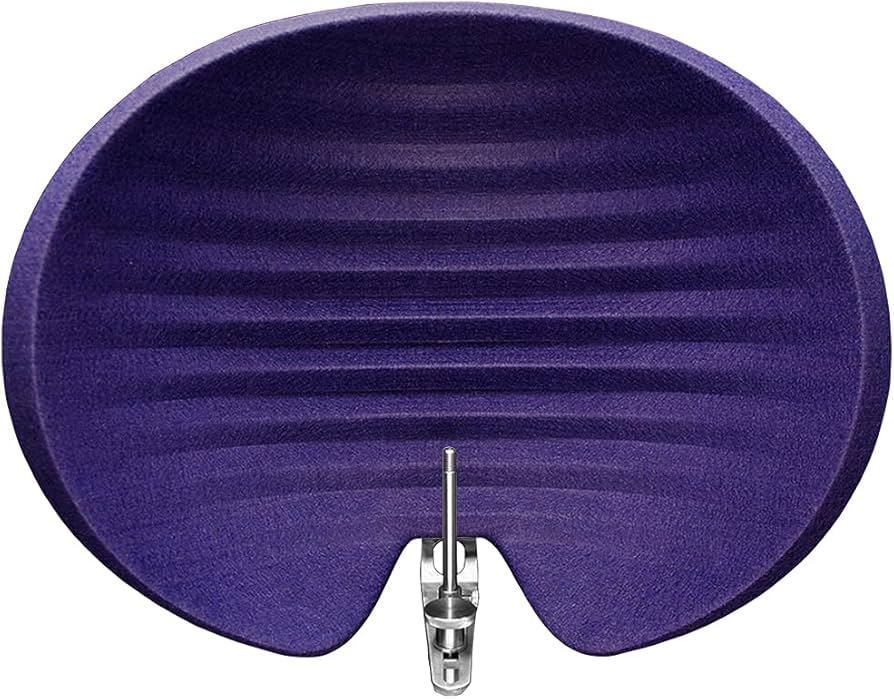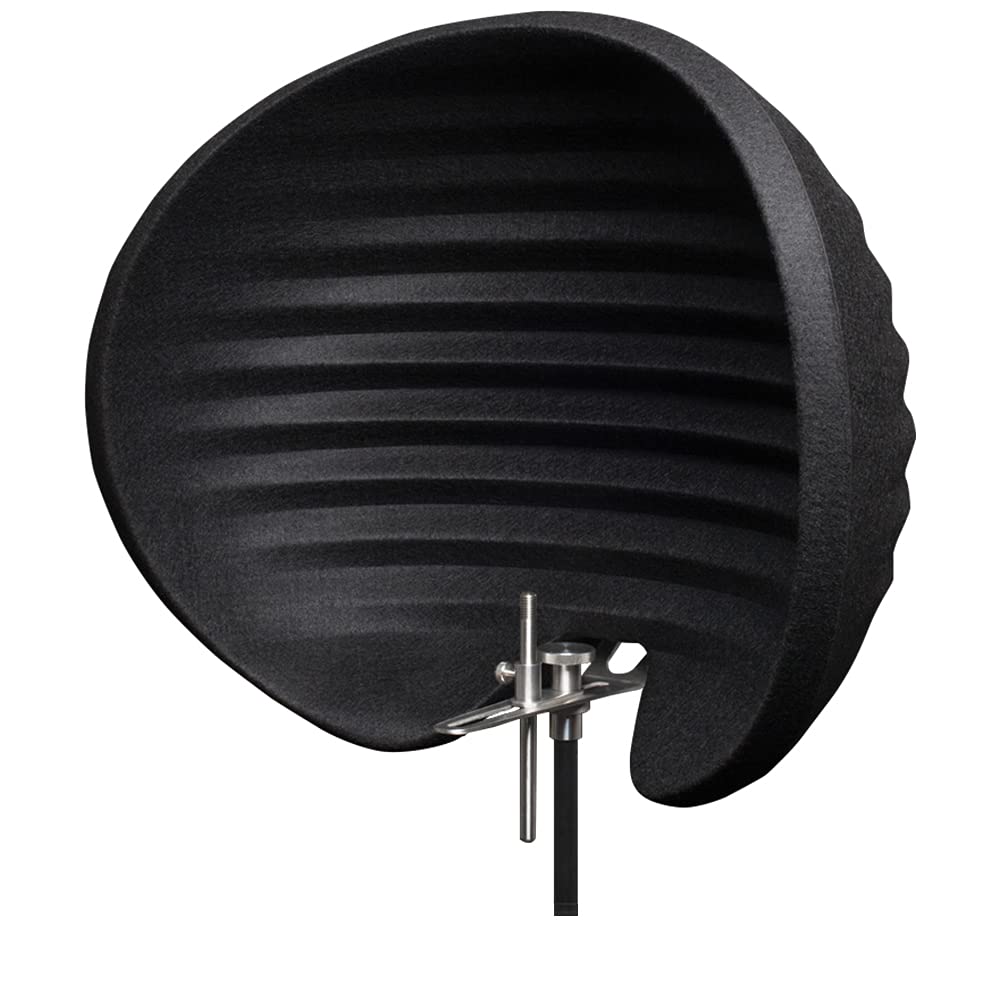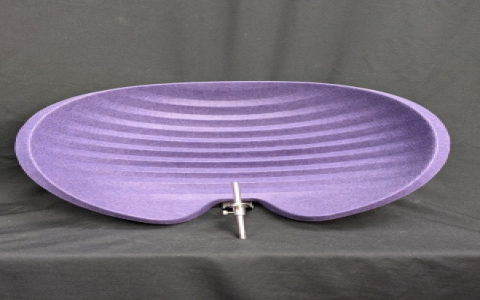Okay, so I’ve been messing around with recording vocals lately, and I kept hearing about this Aston Halo thing. It’s supposed to be a reflection filter, you know, to help get rid of room sound and make your recordings sound cleaner. I was a bit skeptical, but I figured I’d give it a shot.

First, I unboxed the thing. It’s pretty big, actually, kind of like a giant purple donut. It’s lightweight, though, which is good. I noticed the material felt…different, kinda soft but sturdy.
Setting It Up
Next, I had to figure out how to mount it. I have a standard mic stand, so I was hoping it would fit. The instructions, well, they weren’t super helpful, mostly just pictures. But after a little fiddling, I managed to get it attached. It has this clamp system that seems pretty solid.
- Attach the mounting hardware to your mic stand.
- Slide the Halo onto the hardware.
- Tighten everything down. (Don’t overdo it!)
Once it was up, I positioned my microphone (a regular condenser mic) in the center of the Halo. I made sure the mic capsule was pretty much even with the front edge of the filter. I had seen some people online say that positioning is important, so I tried to be precise.
The Recording Test
Now for the fun part – actually testing it out! I recorded a few vocal takes with the Halo, and then I recorded the same lines again without the Halo, in the same spot in my room.
I loaded both sets of recordings into my DAW (just a basic one, nothing fancy). When I listened back, I could actually hear a difference. The recordings with the Halo sounded…tighter? Less echo-y, for sure. It wasn’t a night and day difference, but it was definitely noticeable. My room isn’t treated at all, so I guess it was picking up a lot of reflections before.

I also tried moving the Halo around a bit, closer and further from the mic, and angling it slightly. That seemed to have some subtle effects, too. I think there’s a bit of a learning curve to finding the sweet spot.
My Takeaway
Overall, I’m pretty happy with it. I was worried it would be a gimmick, but it actually does what it’s supposed to do. It’s not going to magically turn your bedroom into a professional studio, but it does help clean up your recordings. It’s a bit of an investment, but if you’re serious about recording vocals at home, I think it’s worth considering. Especially if, like me, you don’t have a perfectly treated space.
